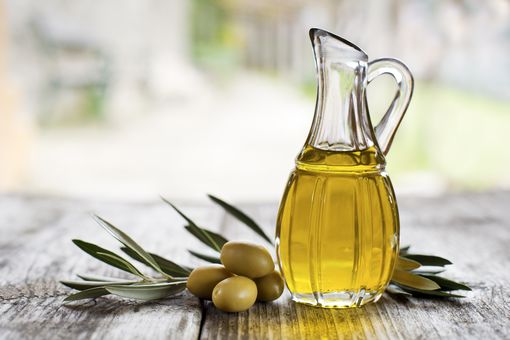This year, Morocco’s olive production is projected at 950,000 tons, reflecting an 11% decrease compared to last season and a substantial 40% drop from a typical year, as confirmed by Agriculture Minister Ahmed El Bouari. Answering questions in Parliament, El Bouari explained that prolonged drought and unseasonably high temperatures during the flowering period have significantly affected yields, even in irrigated regions.
As a result of these adverse conditions, Morocco’s olive oil production is expected to reach only 90,000 tons this year. However, national consumption typically ranges between 130,000 and 140,000 tons, leaving a notable gap in the supply. To address this shortfall, the government has suspended import duties on virgin and extra-virgin olive oil. These imports will be strictly monitored by the National Office of Food Safety (ONSSA) to ensure quality standards are met.
Additionally, the government is regulating olive oil exports by implementing a licensing system that specifies the type and quantity permitted, a measure intended to secure domestic availability amid tightening supply. These steps reflect Morocco’s proactive approach to balancing the needs of consumers and producers in a challenging season for the olive sector, safeguarding both market stability and quality for Moroccan households.





